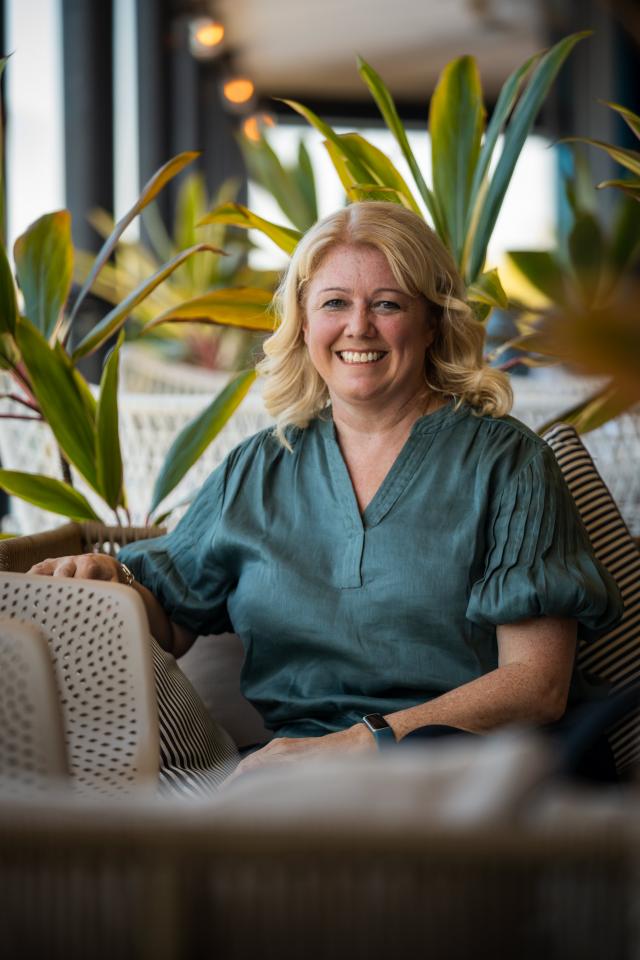None of us would want to leave our car in the hands of an unskilled mechanic…but what about something much more important?
Who do we want to trust with the complex and demanding role of Noosa councillor, to help steer our entire shire through its many challenges and protect the lifestyle that brought us here? It’s a demanding role, and we need the right people.
The Local Government Act requires councillors to be financially literate. This is not just ticking a box. It’s really important.
Queensland Government’s information for councillors says; “As leaders of your council, you will ultimately be responsible for the financial sustainability of your council. A council that is not financially sustainable will struggle to provide essential services to the community”.
I started my career as a chartered accountant in 1997 and worked in two of the top consulting firms until I switched to commerce in 2009. My background is in mergers and acquisitions, business valuations, cashflow forecasting, budgeting and modelling, working for Caltex, Qantas and Fairfax. For the last decade I’ve worked for the accounting professional body (CA ANZ) in education – teaching and designing courses in management accounting, ethics, and financial modelling.
So how does that relate to council?
Each month, councillors receive financial and operational reports prepared by staff, and use them to make strategic decisions. They are also expected to review development applications, project proposals, grant applications and other documents that will be used to decide where ratepayers money is spent, and how much needs to be collected from ratepayers to cover future expenses.
With this volume of financial data and reports, it’s really important that councillors can quickly absorb and analyse information in order to ask meaningful questions, look for gaps, inconsistencies, or over-optimistic assumptions.
Cashflow models are then developed to phase the timing of income and expenditure to make sure council remains solvent, and is able to fund priority services and projects without over-burdening ratepayers.
In my experience in due diligence, analysis and reporting, my focus is also on making the figures tell a story, and that’s what I’ve always taught my students too. The figures on their own are meaningless without the reality of actions, people and performance.
Asking for the details behind a target helps to work out whether it is achievable, and has been thought through strategically. It’s important that the right questions are asked to understand the workings and modelling behind high level figures. Responsible budgeting needs a deep understanding of all the elements of the accounts, and how one assumption affects many areas in the accounts, especially the timing of cash flows.
Councillors are the guardians of ratepayer funds.
Projects and programs need to be fully costed, all risks and contingencies considered. Once financial viability is established, councillors must decide whether the expenditure is in the best interests of the community, and where the project should be ranked against other spending priorities.
So, when it comes to selecting six councillors and a mayor to represent you, think carefully. We need people who are passionate about our environment, put residents first… and – crucially – we need elected representatives who understand where public money is coming from and where it is going.
I hope I can earn your trust as someone who takes this role seriously on behalf of all ratepayers.







